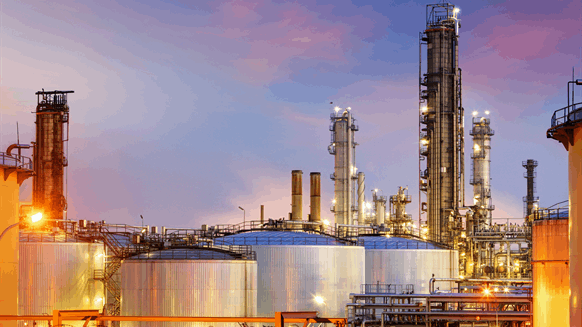FUEL
Fuel Supply and Services by Dexterous DMCC
Dexterous DMCC is a global leader in the energy sector, specializing in the procurement, transportation, storage, processing, and sale of a wide range of high-quality fuel products. Our commitment to reliability, efficiency, and sustainability ensures we meet the needs of clients across various industries. With strategic partnerships and a global reach, we provide an uninterrupted supply of fuels such as jet fuel, diesel, gasoline, and more.
Global Procurement and Sourcing
Worldwide Sourcing: Dexterous DMCC collaborates with leading fuel producers from major regions, including the Middle East, Africa, and Asia, ensuring a steady and reliable supply of high-quality fuels. Our extensive network allows us to source a variety of fuels, catering to diverse industrial needs.
Jet Fuel A1:
We supply Jet A1 fuel, renowned for its high energy content and reliability in aviation. Jet A1 is used widely in commercial aviation for its excellent performance in various weather conditions.
Jet Fuel TS1
Our TS1 jet fuel is specifically designed for use in colder climates, featuring a lower freeze point to ensure optimal performance in extreme temperatures.
Jet Fuel JP54
JP54 jet fuel is used in both military and commercial aviation, meeting stringent specifications for safety and performance. Our supply chain guarantees the availability of high-quality JP54 for our clients.
Deisel Fuel D1 and D2
We offer Diesel 1 (D1) and Diesel 2 (D2) fuels, suitable for different operational needs. Diesel 1 is ideal for cold climates due to its ease of flow at lower temperatures, while Diesel 2 provides better fuel economy for long-distance travel and heavy loads.
D6: Our D6 fuel, also known as residual fuel oil, is used in power plants and large ships. It requires preheating before use and is known for its cost-effectiveness and high energy content, making it suitable for high-demand applications.
Gasoline:
High-Quality Gasoline
We supply premium gasoline that meets international standards for quality and safety. Our gasoline products ensure optimal performance and efficiency for a wide range of vehicles and equipment, supporting both commercial and personal use.
Sustainable Practices
Environmental Responsibility
Ethical Sourcing
We prioritize ethical sourcing of fuel products, partnering with suppliers who adhere to strict environmental and social standards. This ensures that our fuel is produced responsibly and sustainably, contributing to a greener future.
Innovation and Efficiency, Advanced Technologies
We invest in cutting-edge technologies to enhance the efficiency and reliability of our fuel supply chain. This includes utilizing advanced tracking systems for logistics, implementing energy-efficient processes, and continuously improving our operations to reduce our carbon footprint.
Research and Development
: Our commitment to innovation extends to ongoing research and development efforts aimed at discovering new methods and technologies to improve fuel efficiency and sustainability. This focus on R&D ensures that Dexterous DMCC remains at the forefront of the energy sector.
Why Choose Dexterous DMCC?
Global Reach and Expertise
Strategic Locations: With facilities and partners in key locations worldwide, including Dubai, we offer logistical advantages that enhance the efficiency of our fuel supply chain. This strategic positioning allows us to meet the demands of clients in various regions promptly and reliably.
Customer-Centric Approach
Tailored Solutions:
We work closely with our clients to understand their specific needs and provide customized solutions. Our team of experts is dedicated to delivering high-quality products and services that meet the unique requirements of each client.
Exceptional Service
Get A Quote
For more information on our fuel products or to request a quote, please visit our Get Fuel Quote page. Our dedicated team of professionals is ready to assist you with your fuel needs, providing tailored solutions and exceptional service.
Expert Support
Our team of professionals is available to guide you through the procurement process, ensuring a smooth and secure transaction. From initial consultation to final delivery, we are here to support your fuel needs and ensure your operations run smoothly.
Contact Us
Reach out to our team via phone at +1 813 437 1452 or +1 213 374 2212, or email us at sales@dexterousdmcc.com. Our team is available to answer any questions and provide detailed information about our fuel products and services.
